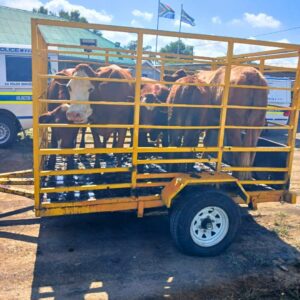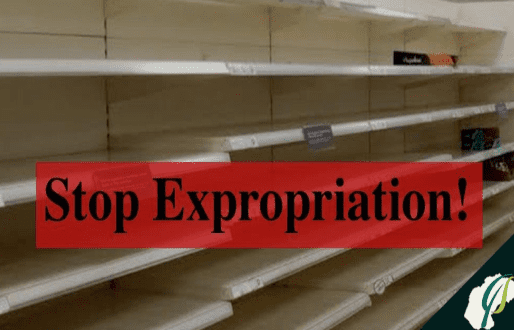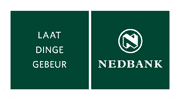

While events in Eastern Europe point to the growing importance of a country’s food security, the South African government is working on an Expropriation Bill that will make South Africans dependent on foreign food producers.
According to Francois Wilken, President of Free State Agriculture (FSA), the new Expropriation Bill will undermine property rights as a whole (not just land). “The Expropriation Bill is currently the focus of the larger land debate, while food security is becoming a growing crisis”.
“Free State Agriculture (FSA) submitted almost 100,000 citizens’ opposition to the new law during the expropriation bill’s public participation process,” Wilken said.
Specific provisions in the Bill that concern FSA include:
FSA takes note of the parliamentary meetings to finalize the Expropriation Bill. FSA still remains of the opinion that an Expropriation Act that is in line with the Constitution of South Africa is essential and that Section 25 of the Constitution is sufficient to determine fair and equitable compensation.
The organization believes that the new Expropriation Bill falls outside the framework of the Constitution. “We are therefore geared to support efforts to defend the rights of our members and supporters with the best legal representatives,” Wilken said.
“Given the growing uncertainty about global food security, the local land debate should focus on urgently placing state land in the hands of the best individual producers and establishing partnerships in the agricultural value chain.
“The time of local ideological games is now over. The harsh reality is that, in a drastic increasing global unstable environment, we will have to provide our country’s people with food ourselves.”










Ⓒ 2024 Vrystaat Landbou All rights reserved | Website by BrandNew